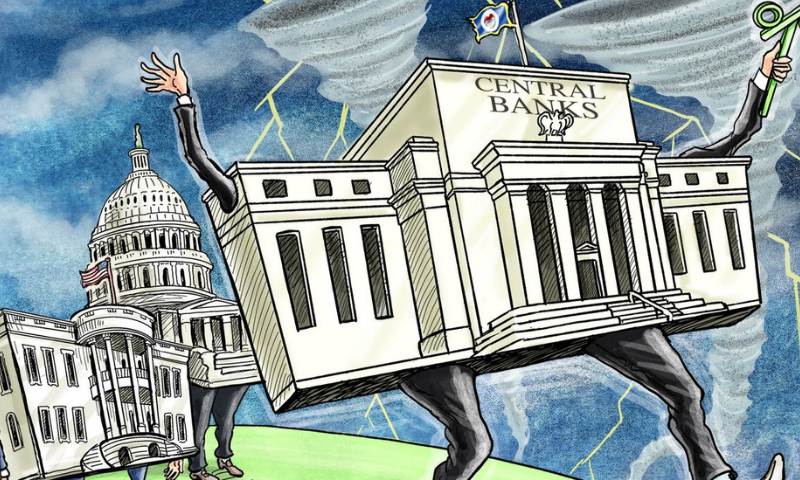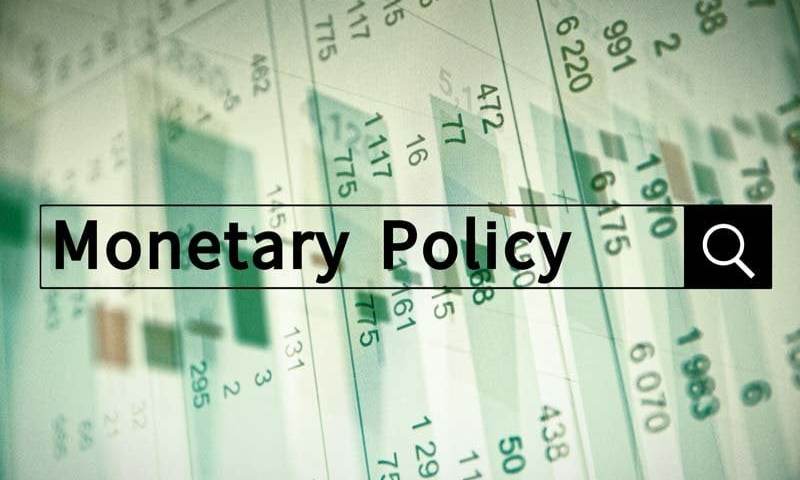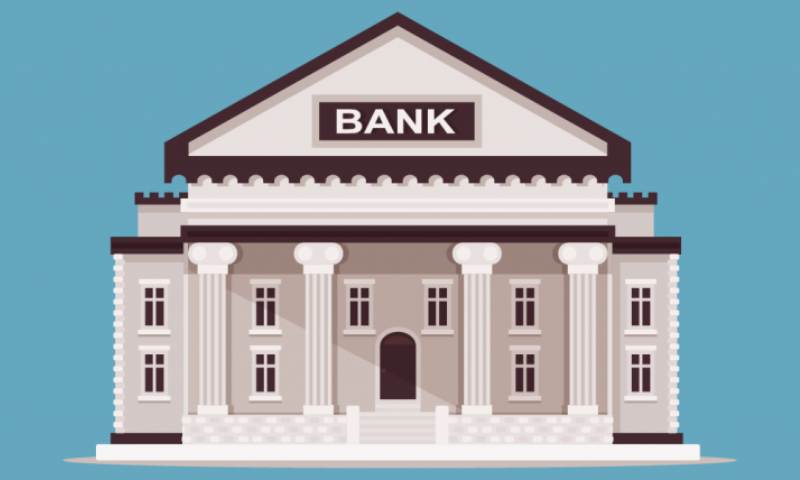Online banking security isn’t just a fancy buzzword; it’s your financial life’s knight in digital armor. Imagine your life savings as a castle. Now, think of hackers and fraudsters as cunning dragons lurking, waiting to strike. Your castle’s safety hangs by a thread if you don’t build solid walls and a moat—your digital security measures. Whether it’s buying groceries online, checking your balance, or transacting thousands, the risks are real. The dangers range from the Wi-Fi at your favorite coffee shop to complex phishing scams designed to trick you. I’m here, your personal finance sentry, to arm you with the right gear and smarts. Ready to transform your banking from a risk-fraught activity into a fortress of security? Let’s dive into the world of encryption, authentication, and cyber vigilance. With my expertise, your financial stronghold will stand unbreachable.
Understanding the Landscape of Digital Banking Security
The Rise of Financial Data Breaches and How to Combat Them
In the world of online banking, bad folks want to steal your money. It’s sad but true. And guess what? They are getting really good at it. Banks work hard to stop them, but you can help too! You must know how to fight these data breaches. This means being smart and careful with your bank info online.
Now let’s talk about some cool stuff banks use—like secret codes (encryption) and checking who you are in different ways (multi-factor authentication). These are like guards for your money. So when you bank online, make sure the bank uses these tools. It’s like putting your money in a safe with a big lock. And you hold the key!
The Dangers of Public Wi-Fi and Identity Theft
Public Wi-Fi is like a park. Open and free, right? But you wouldn’t leave your wallet lying around in a park. So when you hang out on public Wi-Fi, don’t use your bank account. It’s too risky. Bad guys can easily watch what you do and snatch your bank details.
Here’s a scary word—identity theft. That’s when someone pretends to be you to steal your money. It can mess up a lot! You must keep your bank stuff secret. Always log out and use special passwords no one can guess. If your bank says, “Hey, we saw something weird,” listen to them! They might have stopped a thief.
Now, let’s break it down:
- Banks and you must work as a team.
- Use strong passwords and secret codes.
- Don’t bank on public Wi-Fi. It’s like a trickster’s playground.
- Listen when your bank warns you.
- Keep an eye out for odd stuff with your money.
By being on guard and using smart online banking tips, you can help keep your money safe from sneaky thieves and their tricks. Let’s lock down our savings and show those digital predators who’s boss!
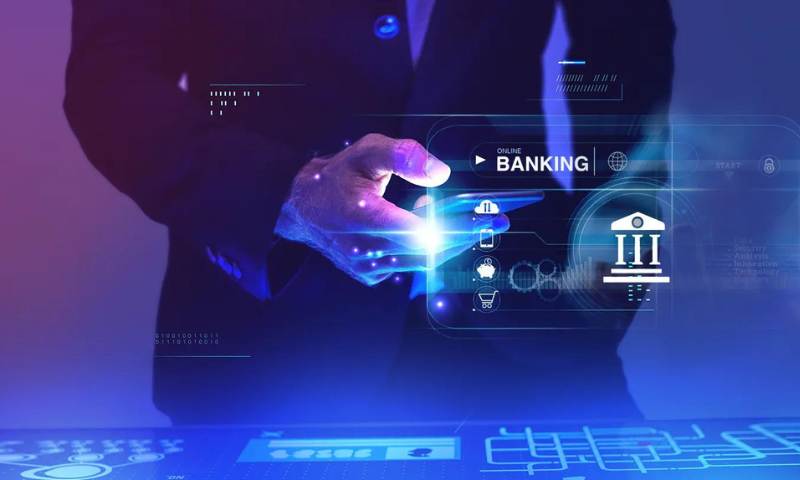
Fortifying Your Online Banking with Robust Security Measures
The Role of Multi-Factor Authentication and Encryption
Unlocking your phone with a fingerprint is easy, right? We use the same idea to keep money safe online with something called multi-factor authentication (or MFA for short). MFA asks for more than just a password to let you in. You might get a text with a code, or use your fingerprint again, just to make sure it’s really you. Hackers hate this because it’s like having a double-locked door – they can’t get through.
Now let’s chat about secret codes, but not the kind you used as a kid. We’re talking about encryption, which jumbles up your info so no one else can read it, like a secret letter only your bank can decode. This keeps your money talks with the bank private, and snoops can’t make any sense of it.
Banking Regulation Compliance and Use of Trusted Banking Apps
Imagine you’re building a fort out of pillows to keep your little brother out. Banks build fort-like protection around your money in the same way. They follow strict rules that are like the blueprint for the fort, which are called bank data protection laws. These laws make sure banks use really strong walls (or in this case, software) to protect your cash.
Choosing the right banking app is like picking the best spot for your fort – it needs to be safe. Trusted banking apps are like having a loyal guard who lets only you into the fort. These apps have a shield, kind of like knights in shining armor, against bad guys who try to sneak in and steal your treasure (or money).
Remember, even at home, using the bank on your computer should be like keeping your secret diary safe. You wouldn’t want someone to read it, right? So, let’s use all the cool locks and secret codes we talked about to keep those digital predators away from your savings. Be smart, be safe, and keep your money away from the monsters of the online world!
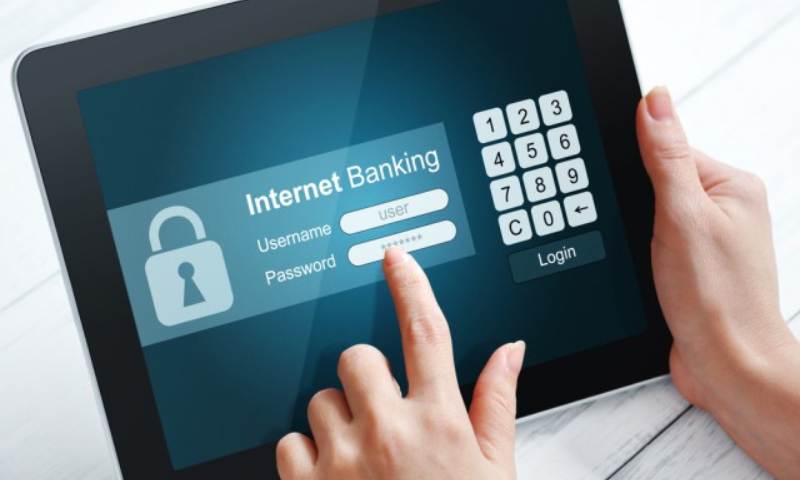
Best Practices for Secure Online Transactions
The Importance of Strong Password Policies and Secure Socket Layer Technology
You know everyone says, “Keep your password strong.” But why is it a big deal? It’s like a key to your house. A weak password could let a thief sneak right into your bank account. Think of using a mix of letters, numbers, and symbols. Make it tough like a puzzle no one else can solve. Change it often, too. It’s like changing your lock now and then.
You might hear folks talk about Secure Socket Layer—SSL for short. It wraps your data like a gift, so hackers can’t peek inside. When you’re banking online, check for a lock icon next to the web address. This lock means SSL is protecting your info. Always use sites with this lock. It’s a simple way to stay safe.
Preventing Phishing Attacks and Safeguarding Against Bank Account Hacking Risks
Phishing sounds like fishing, right? It’s because hackers fish for your info. They send fake emails or texts that look real. They want to trick you into giving your details. So, here’s a rule: banks never ask for your password by email or text. If you get a weird message, don’t click any links. Instead, contact your bank directly. This way, you avoid getting hooked by a phishing scam.
Hackers always look for ways into your bank account. Protecting against hacking is no joke. Use multi-factor authentication if you can. This is when you need more than a password to log in—maybe a code sent to your phone or your fingerprint. It’s like having a double-door entry. Even if they get through the first door, there’s still one more to stop them. Always keep an eye on your account, too. If you spot something odd, tell your bank quick.
Keeping your money safe while banking online isn’t magic. It’s about being smart and staying alert. Use these tips, and you’ll be a tough nut for hackers to crack.
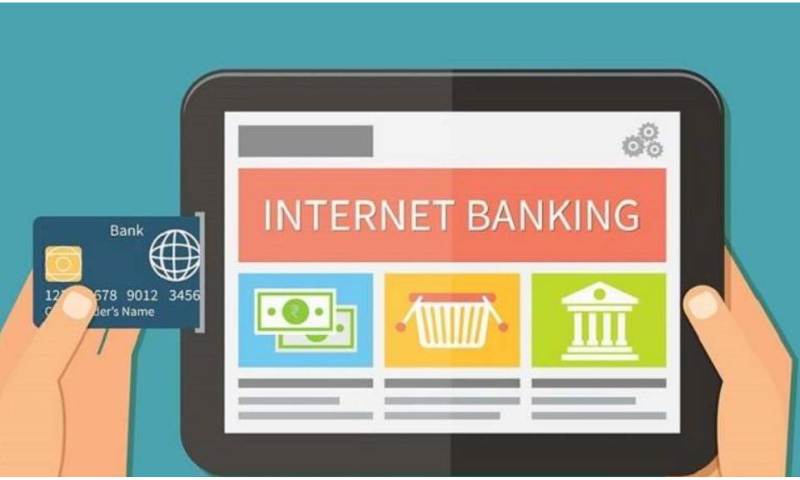
Proactive Cybersecurity: Educating Customers and Monitoring Threats
Customer Education on Banking Fraud Detection and Safe Internet Banking Practices
Have you ever wondered how to spot banking scams? First, look for odd email links. Never click these links. Strange emails could be phishing. Phishing tricks you into sharing private info. Always log in to your bank website directly. This is safer than clicking links.
Make sure your passwords are tough to guess. Use a mix of letters, numbers, and symbols. Change passwords often, too. Think of them like toothbrushes — don’t let them get old! Teach your family these tips. Everyone should know how to stay safe online.
Account Monitoring for Suspicious Activity and the Benefits of Banking Security Software
Checking your bank account often is key. Spot anything weird? Report it fast. Banks have tools that can help. They watch for strange spending or signs someone else is in your account. This is account monitoring.
Security softwares are your digital guards. They block bad software that can steal your details. Think of it like having a guard dog, but for your bank account. Just more high-tech. Always keep this software up to date. It’s like giving that guard dog good training.
Security is not just the bank’s job. It’s yours too. Stay smart. Keep tabs on your money. Together, we can make online banking safe for all.
We’ve explored the landscape of digital banking security, where financial data breaches are a real threat. Public Wi-Fi can put your identity at risk. Protecting your online banking is critical. Use multi-factor authentication and encryption. Follow banking laws and pick trusted apps. When you handle money online, use strong passwords and secure socket layer tech. Watch out for scams that trick you and learn how to stop hackers from getting into your bank account. Lastly, know how to spot fraud and stay safe banking online. Keep an eye out for strange activity and think about using security software.
I’ve been in this field for a while, and I know these steps can make a huge difference. It’s not just about staying safe; it’s about being smart with your cyber moves. Use these tips, stay informed, and you’ll be on the right path to keeping your money safe.
Q&A :
How can I protect my online banking information?
To safeguard your online banking information, it’s crucial to use strong, unique passwords and change them regularly. Enable two-factor authentication (2FA) for an additional security layer and ensure your home network is secure with a robust firewall and updated antivirus software. Be cautious of phishing attempts by verifying the authenticity of banking emails and links before clicking on them. Regularly monitoring your accounts for any unusual activity can also help catch any potential security breaches early.
What are the common threats to online banking security?
Online banking security can be threatened by various cyber attacks, such as phishing, where fraudulent emails or messages trick users into revealing sensitive information. Malware, like viruses and Trojans, can infect devices and steal banking information. Man-in-the-middle attacks intercept communication between users and banks, and keyloggers record keystrokes to capture login credentials. Keep your devices updated and be vigilant about the sites you visit and the information you share online to combat these threats.
Are online banks as secure as physical banks?
Online banks often employ stringent security measures, similar to physical banks, to protect customers’ information. These measures include encryption, secure login processes, and fraud monitoring systems. While the nature of online banking inherently introduces different security challenges, reputable online banks are required to abide by the same regulatory standards as traditional banks. Always research the security practices of any online bank before providing personal information.
How does encryption keep online banking secure?
Encryption is a vital tool for securing online banking, as it converts sensitive data into complex codes during transmission, which can only be deciphered by authorized parties. This means that even if a hacker intercepts the encrypted data, they would not be able to understand or misuse it. Most online banking platforms use strong encryption protocols, such as SSL/TLS, to ensure that customer data remains private and secure during all transactions.
What should I do if I suspect my online banking has been compromised?
If you suspect that your online banking security has been breached, it is crucial to act immediately. Contact your bank to report the issue and request to freeze your account if necessary. Change your login credentials, monitor your account for unauthorized transactions, and check for any secondary changes made by the unauthorized party. Consider setting up alerts for future transactions. Additionally, scan your devices for malware and discuss with your bank what additional steps you should take to secure your account and personal information.

